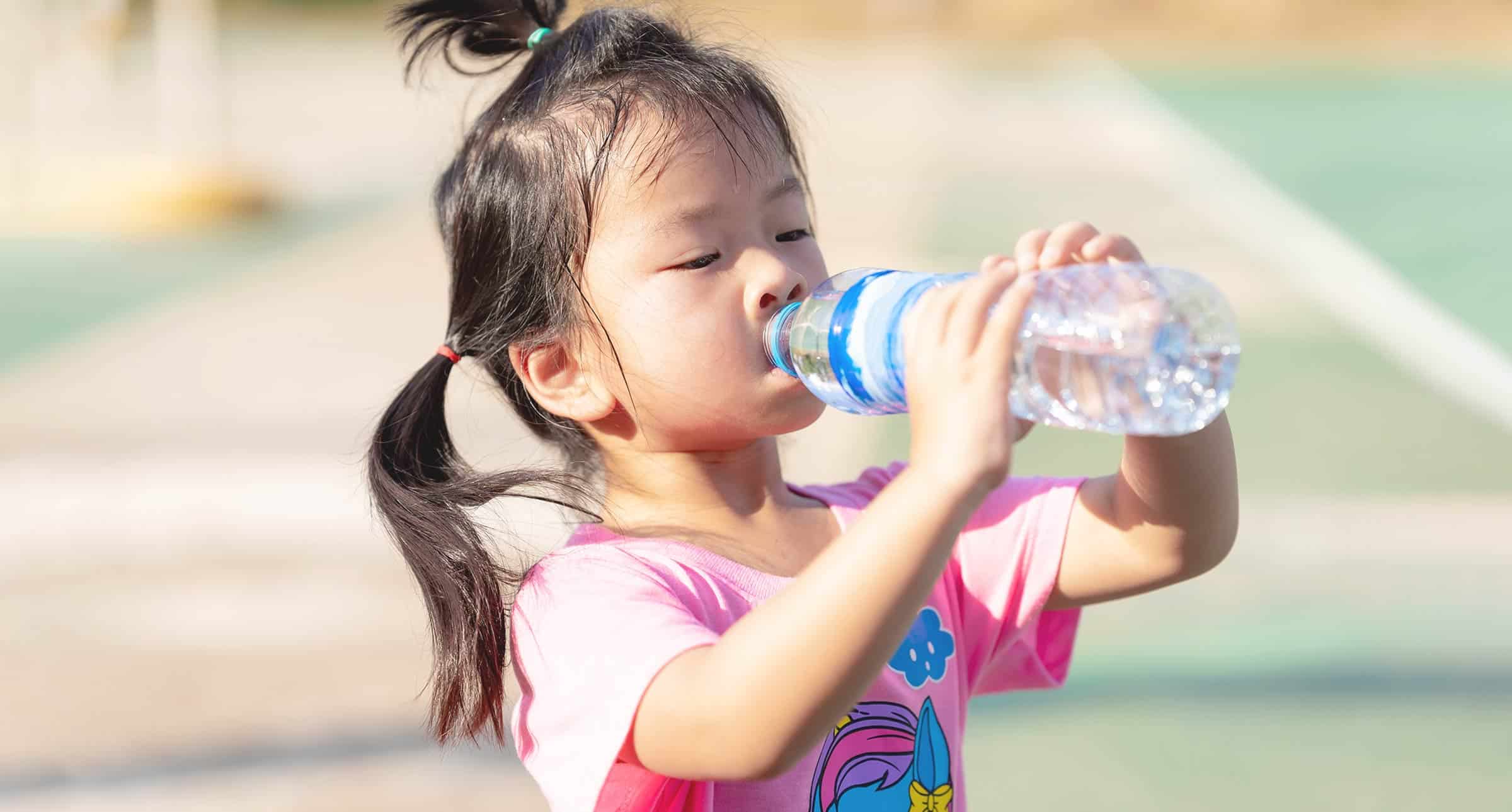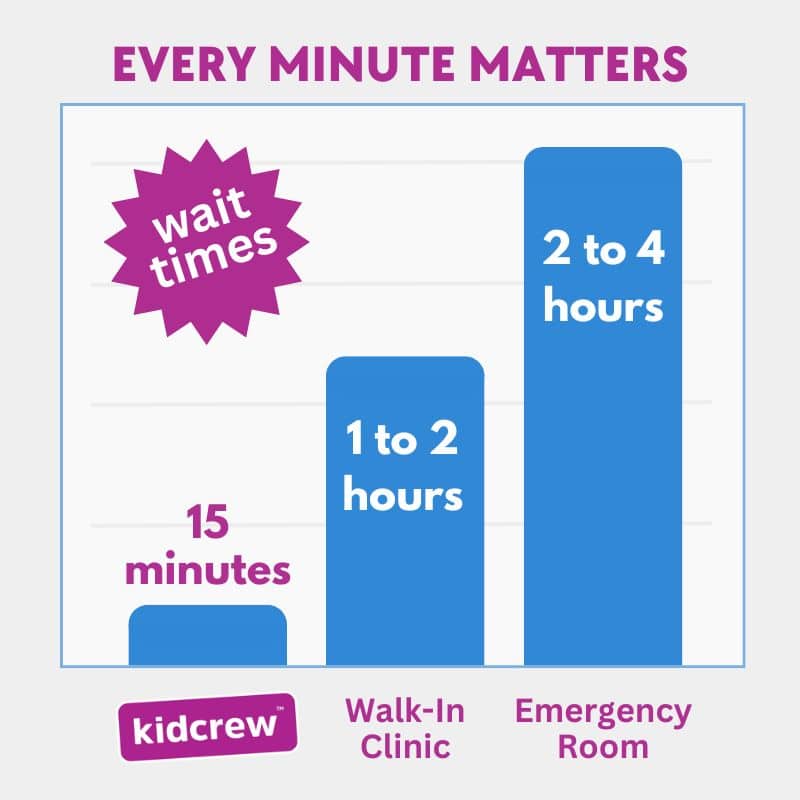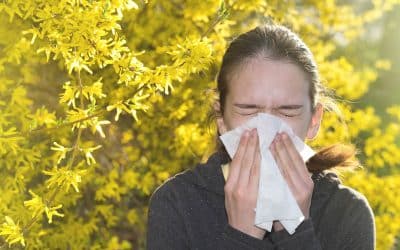Recognizing Severe Dehydration in Children
Imagine it’s the peak of summer, and your child has been enjoying a full day of outdoor activities. Suddenly, they seem unusually fatigued and listless, barely having the energy to stay awake. Their lips are cracked, their eyes are sunken, and they haven’t had a wet diaper or gone to the bathroom in hours. These could be warning signs of severe dehydration, a condition that requires immediate medical attention.
Understanding Severe Dehydration
Dehydration becomes severe when the body loses more fluids than it can replace, leading to significant health risks. It’s especially dangerous for children, whose bodies are more vulnerable to fluid imbalances. Recognizing the symptoms early can make all the difference.
Symptoms of Severe Dehydration:
- Extremely dry mouth and tongue
- Lack of tears when crying
- Deeply sunken eyes and cheeks
- Very little or no urine output (for older children, dark yellow urine)
- Lethargy, irritability, or confusion
- Rapid heartbeat and breathing
- Dizziness or fainting
Immediate Home Care Strategies:
- Rehydration Solutions: If symptoms are mild, offer small sips of water or an electrolyte solution like Gatorade or Pedialyte. Avoid caffeinated drinks.
- Cool Environment: Move your child to a cooler area and remove excess clothing to help lower their body temperature.
- Rest: Encourage them to rest in a shaded or air-conditioned space to avoid further fluid loss through sweat.
- Monitor Symptoms: Keep a close eye on their symptoms. If there’s no improvement, it’s time to seek professional help.
When to Seek Urgent Care or ER
When to Visit Urgent Care:
- Persistent Mild Symptoms: If mild dehydration symptoms do not improve with initial home treatment.
- Inability to Keep Fluids Down: If your child has occasional vomiting but can keep some fluids down.
- Ongoing Signs of Dehydration: If mild dehydration signs like dry mouth and low urine output persist despite efforts to rehydrate.
When to Head to the Hospital:
- Severe Symptoms: If your child shows signs of severe dehydration, such as confusion, rapid heartbeat, or fainting.
- Unresponsiveness: If your child becomes unresponsive, very lethargic, or shows a significant decrease in alertness.
- Extreme Dehydration Indicators: If your child has deeply sunken eyes, dry skin that doesn’t spring back when pinched, or hasn’t urinated for 8 hours or more.
“Severe dehydration in children is a medical emergency. Quick recognition and immediate action are crucial to prevent serious health complications.”
– Dr. Dina Kulik
Preventive Measures:
- Hydration Habits: Ensure your child drinks plenty of fluids throughout the day, especially during and after physical activity. For more tips, check out my guide on ensuring kids stay hydrated.
- Hydrating Foods: Incorporate water-rich foods like watermelon, cucumbers, and oranges into their diet.
- Avoid Peak Heat: Limit outdoor activities during the hottest parts of the day and ensure regular breaks in shaded or cool areas. Learn more tips and strategies in my sun safety guide.
- Appropriate Clothing: Dress your child in light, breathable fabrics to help them stay cool and reduce sweating.
For more information on dehydration, visit our article on dehydration in heat waves.
Act Fast and Stay Safe
Severe dehydration is a serious condition that requires prompt medical attention. By understanding the symptoms and knowing when to seek urgent care or head to the hospital, you can protect your child’s health and well-being. Always prioritize hydration and monitor your child closely during hot weather. If in doubt, seeking professional medical advice is the safest course of action.







































